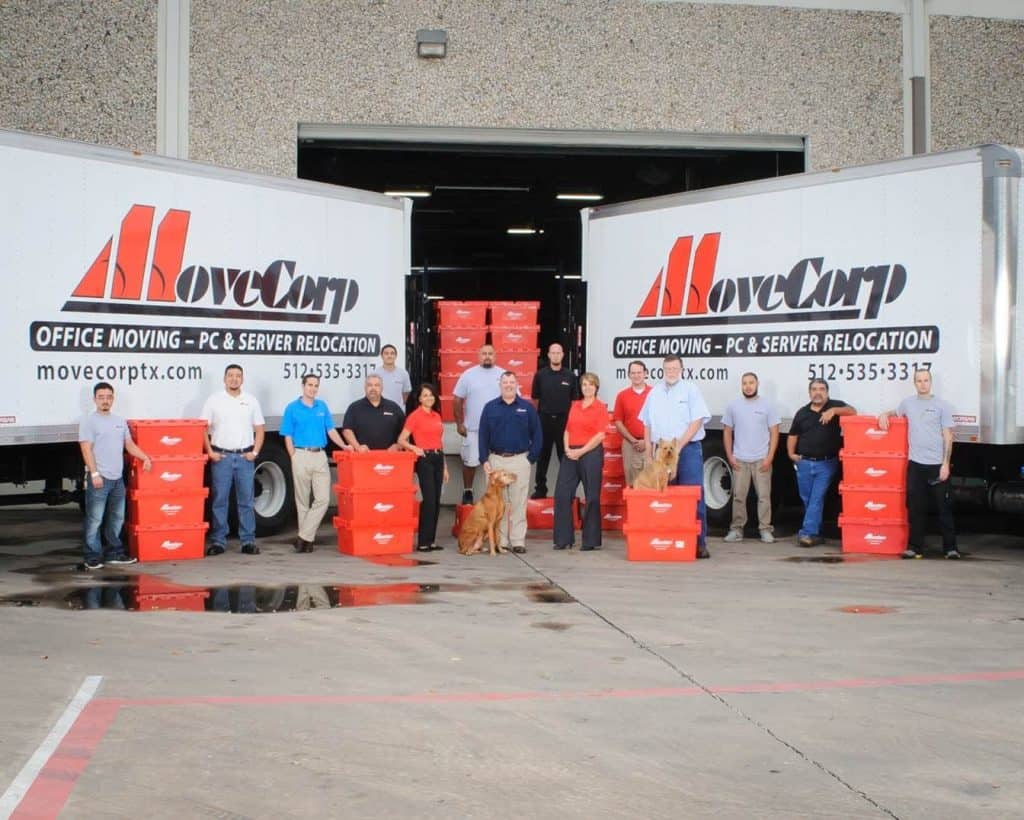Cases
MoveCorp v. Small Business Administration
CASE SUMMARY
Did we achieve our litigation objective? Yes, the client was allowed to apply for and did receive a PPP loan.
Court Outcome: After the SBA altered its rule and the client as able to apply for and receive a PPP loan, the district court dismissed the case as moot.
Larger Impact: Congress never gave the SBA authority to implement a Criminal History Rule. SBA was forced to amend its rule to avoid exceeding the authority Congress granted to it.
Summary: NCLA represented Michael Loughrey, the majority owner of MoveCorp, a moving company serving local business clients in Austin, Texas. The Small Business Administration (SBA) unlawfully denied Mr. Loughrey’s application for a Paycheck Protection Program (PPP) loan under the Coronavirus Aid, Relief, and Economic Security (CARES) Act by virtue of SBA’s unlawful “Criminal History Rule” exlcuding all persons indicted or charged of any crime.
Employing more than 40 people on payroll, Mr. Loughrey applied for much-needed federal assistance to keep his business afloat, but SBA’s PPP Criminal History Rule unlawfully disqualified him, completely disregarding the intent of Congress to make loans available to all small businesses expeditiously during a national crisis. In 2019, Mr. Loughrey was arrested for driving while intoxicated. Due to the COVID-19 pandemic, Texas shut down its state courts, thus preventing Mr. Loughrey from defending himself against this misdemeanor charge before the deadline to apply for PPP loans was set to arrive June 30, 2020. Ironically, a guilty conviction for the misdemeanor charge would have made Mr. Loughrey’s company eligible for the PPP, but because he was locked out of court, SBA refused to guarantee his loan.
Congress tasked SBA with managing the PPP loans—$659,000,000,000 in total—for businesses with fewer than 500 employees. Under the CARES Act, Mr. Loughrey was fully eligible to receive the loan. NCLA argued that SBA exceeded the statutory authority that Congress delegated to the agency. The lawsuit challenged unlawful portions of SBA’s Interim Final Rule purporting to implement PPP, and it called out the agency’s Criminal History Rule as an arbitrary and capricious exercise of power.
RELEVANT MATERIALS
NCLA FILINGS
Order to Dismiss and Memorandum Opinion
July 26, 2021 | Read More
Reply in Further Support of Defendants’ Motion to Dismiss
January 25, 2021 | Read More
Plaintiffs’ Memorandum of Law in Opposition to Defendants’ Motion to Dismiss
December 21, 2020 | Read More
Complaint for Declaratory and Injunctive Relief
June 25, 2020 | Read More
PRESS RELEASES
NCLA Brings Second Lawsuit Against SBA’s Unlawful Criminal History Rule for PPP Loans
June 26, 2020

